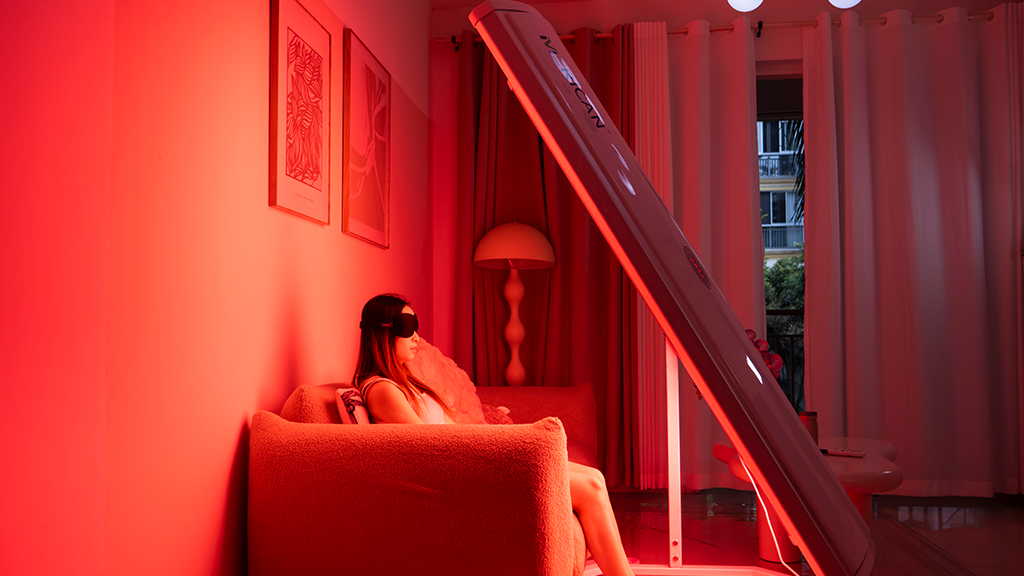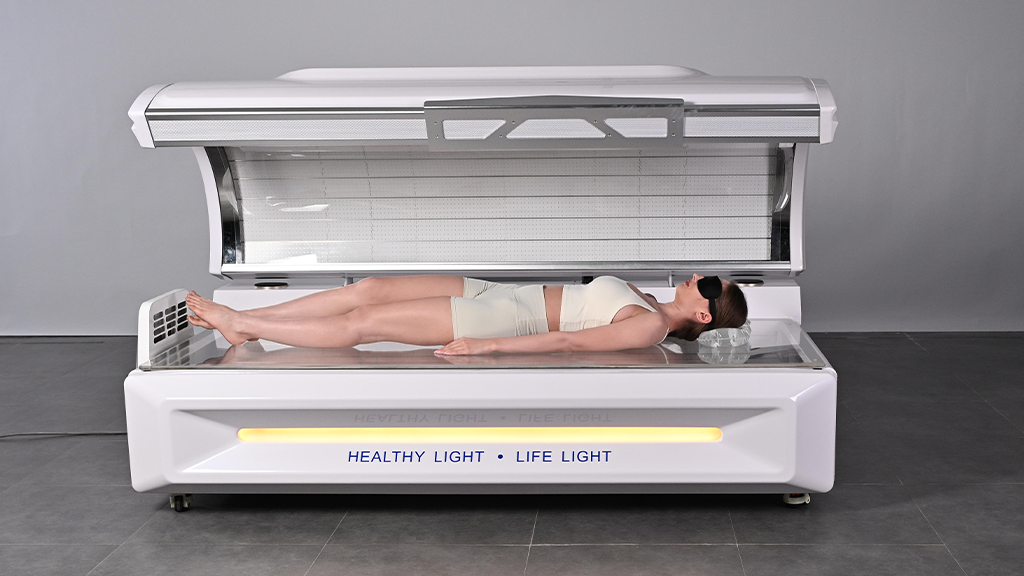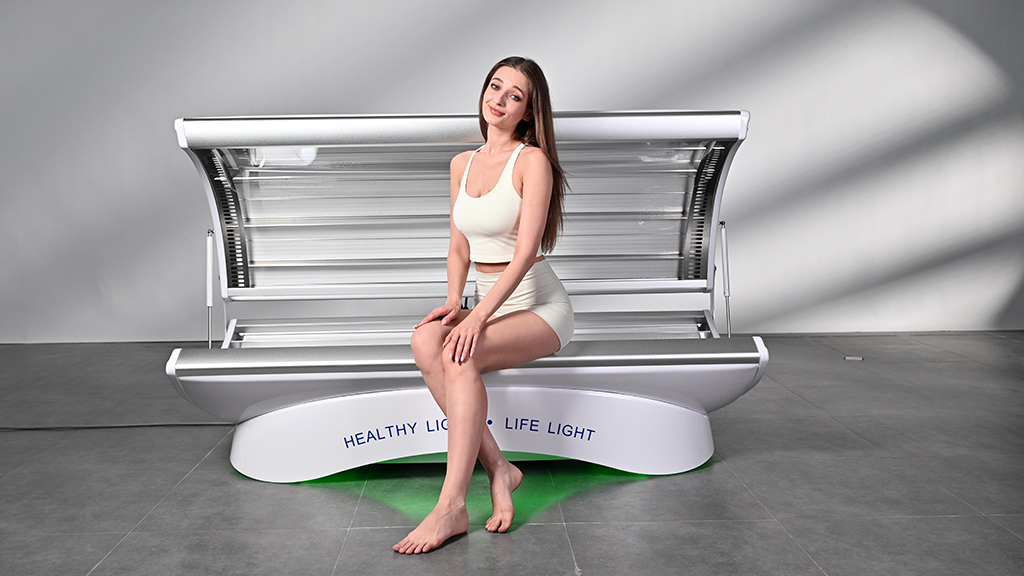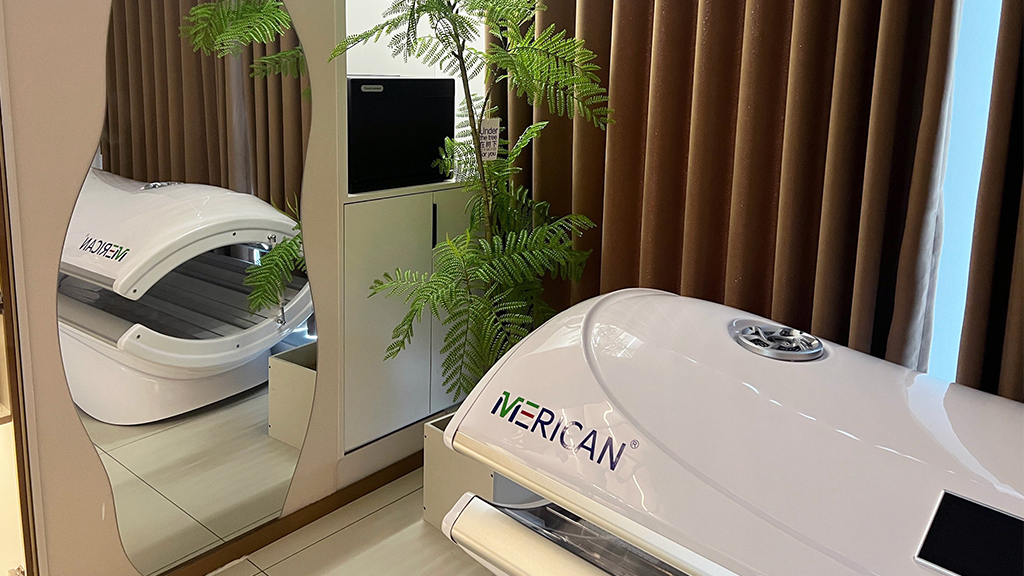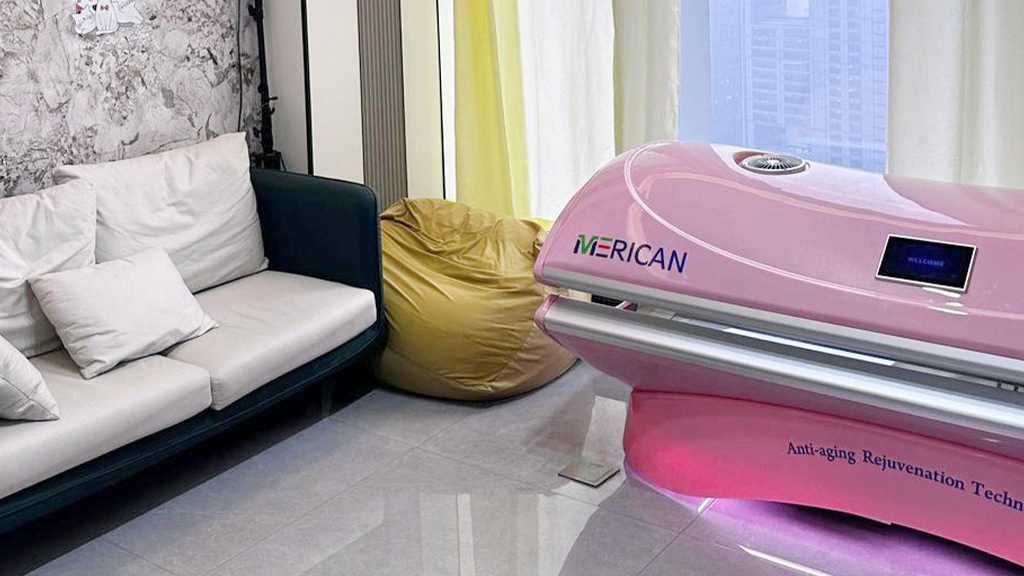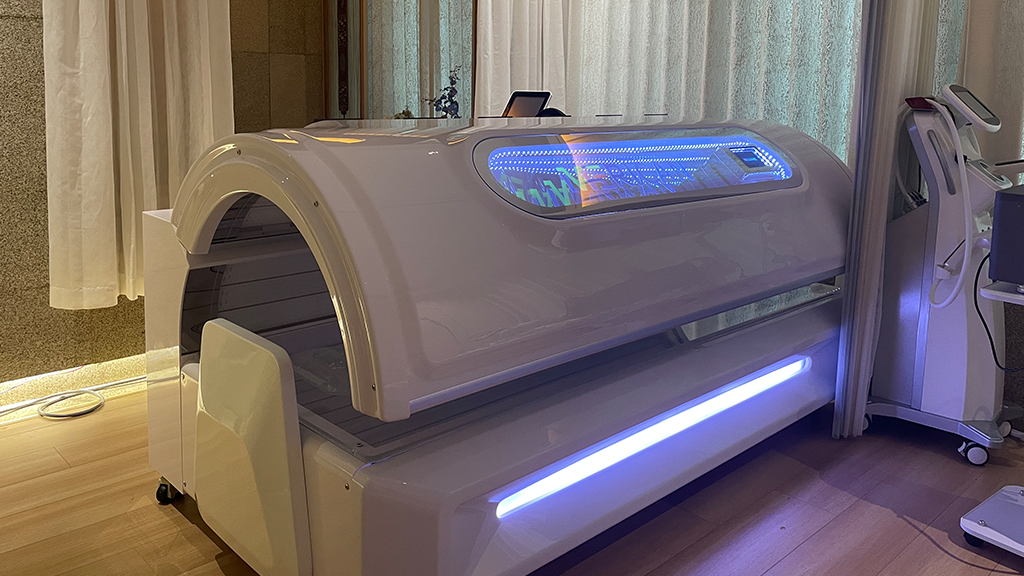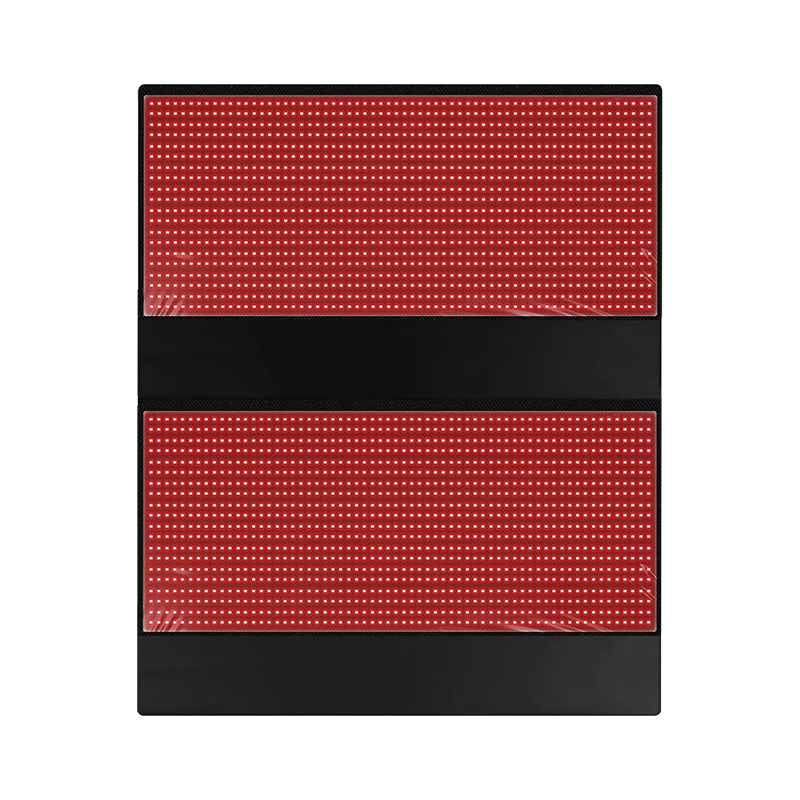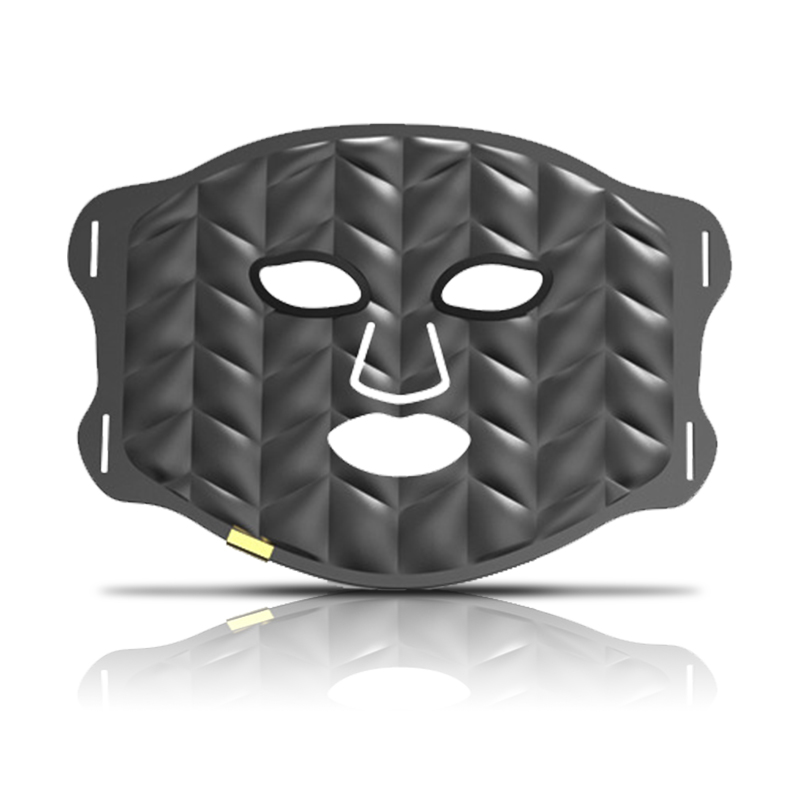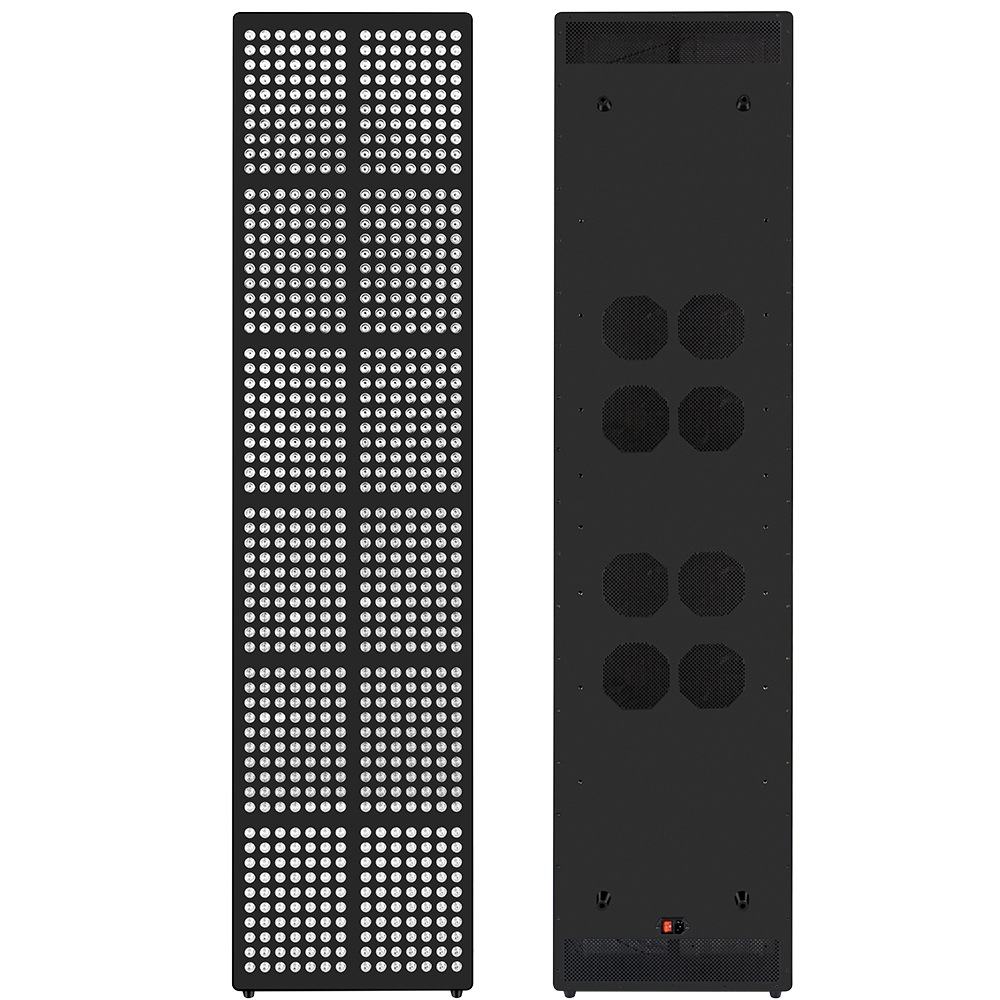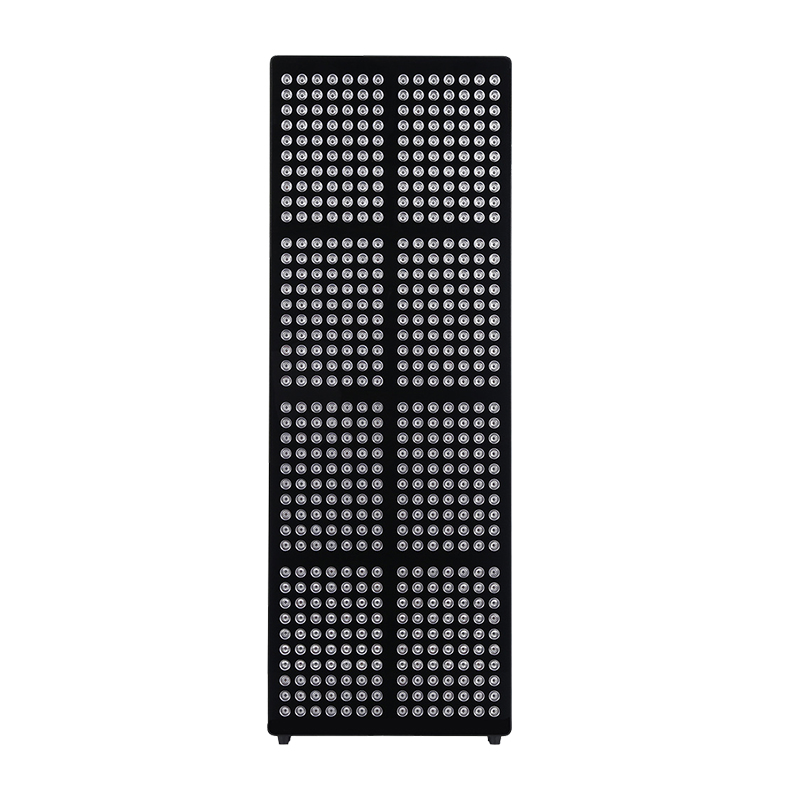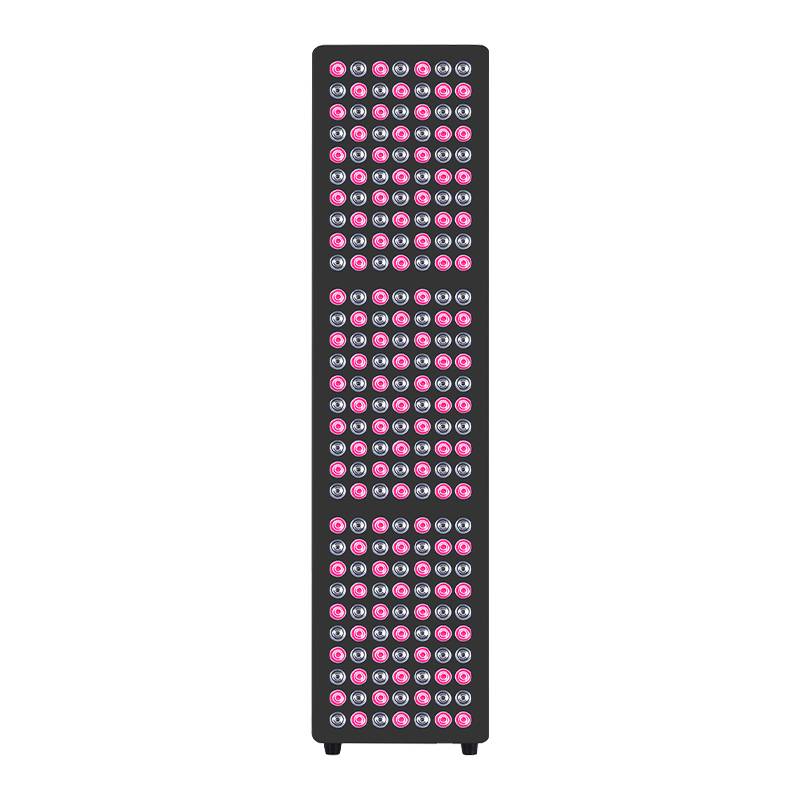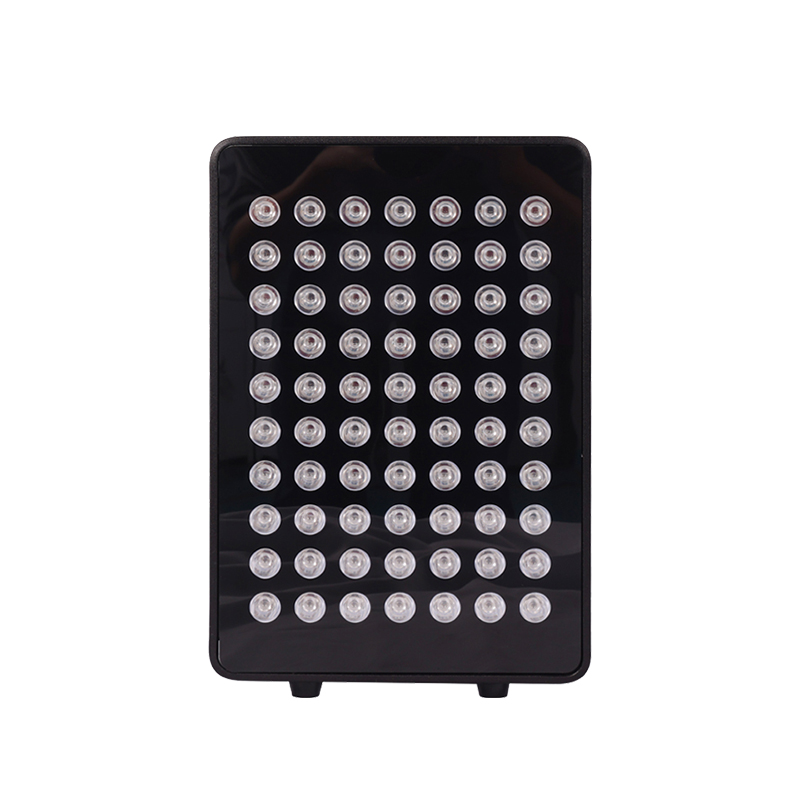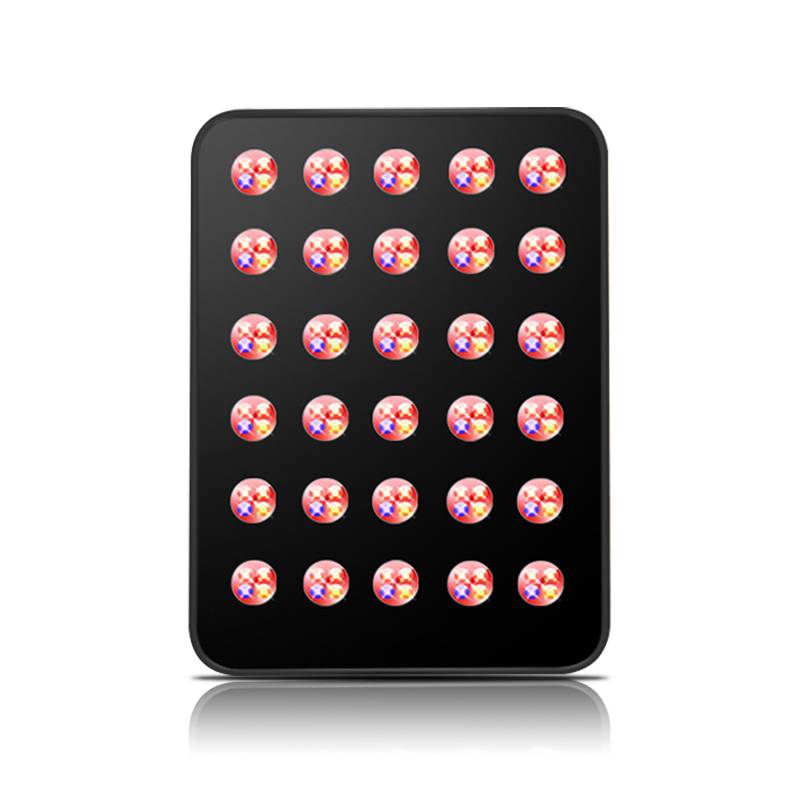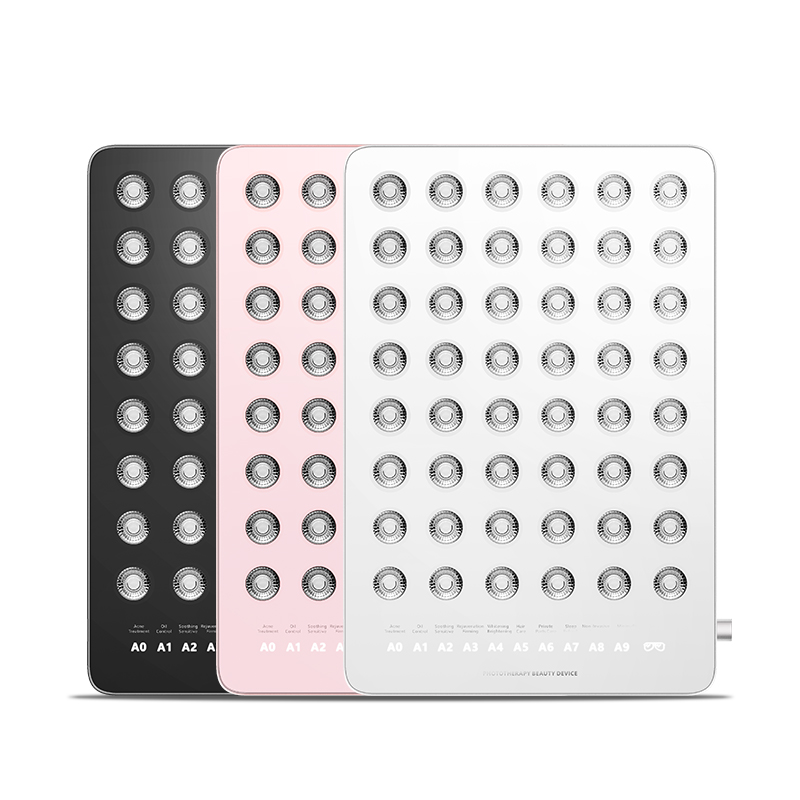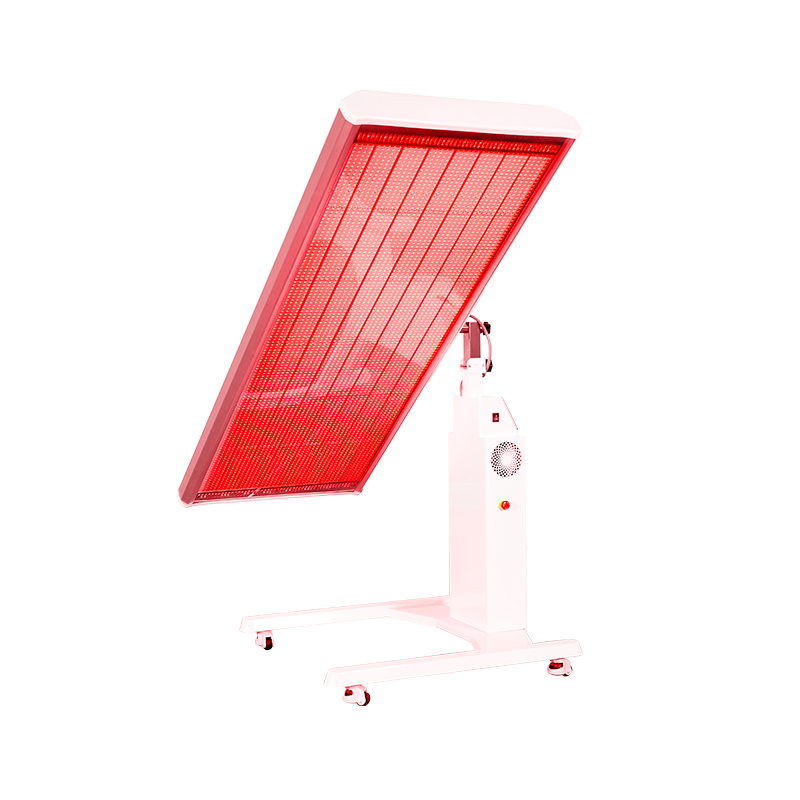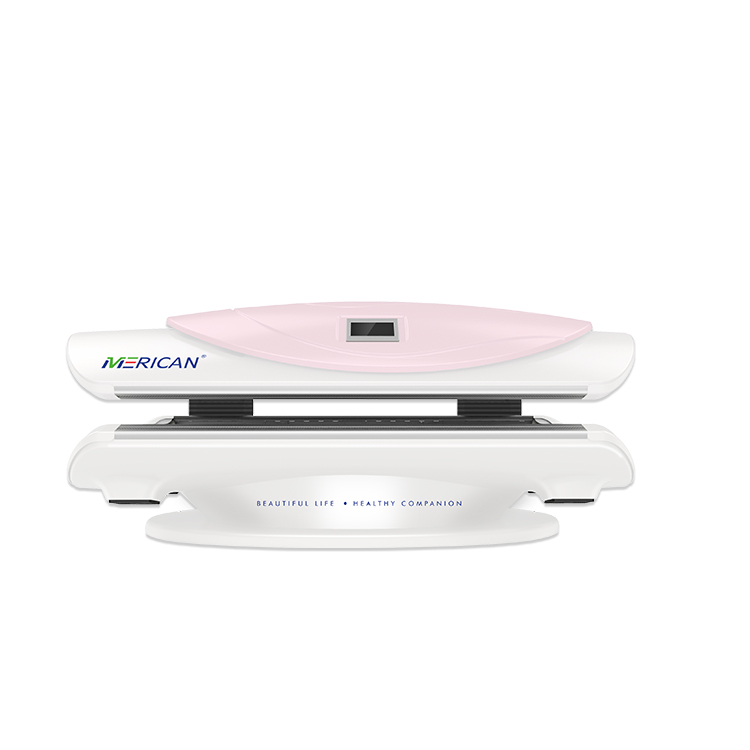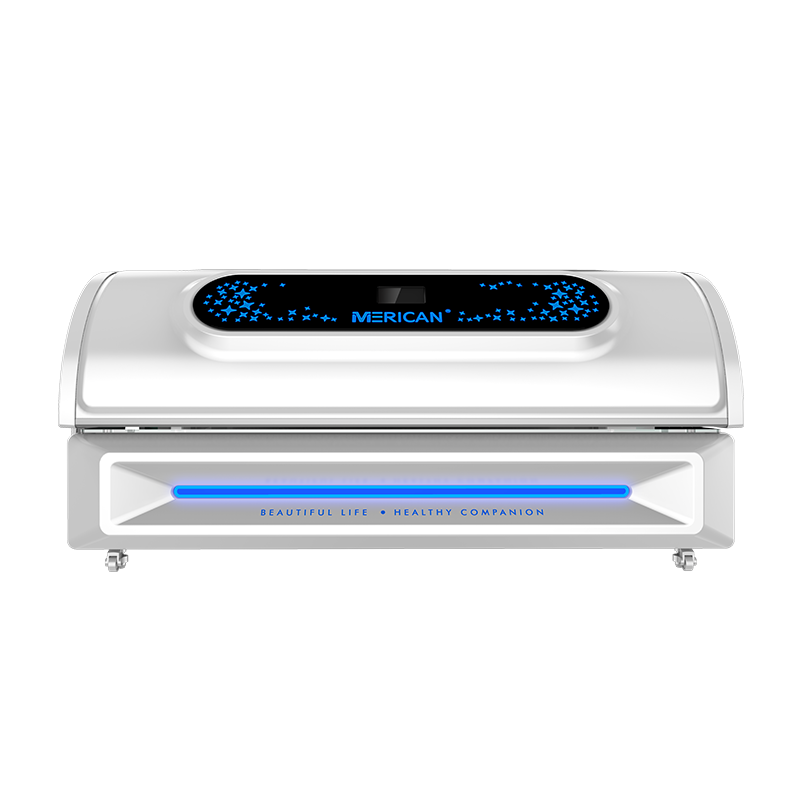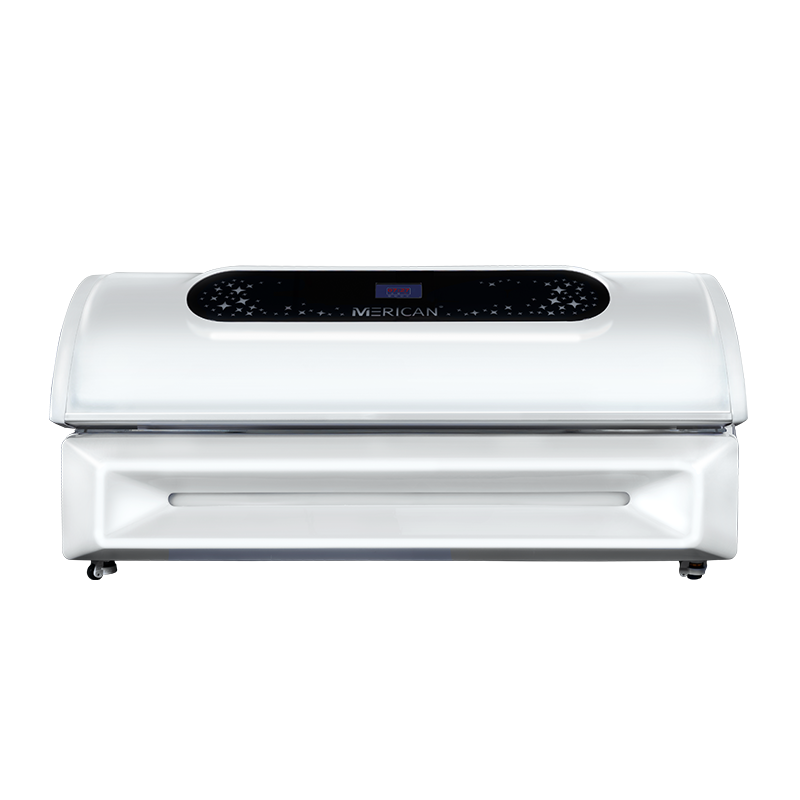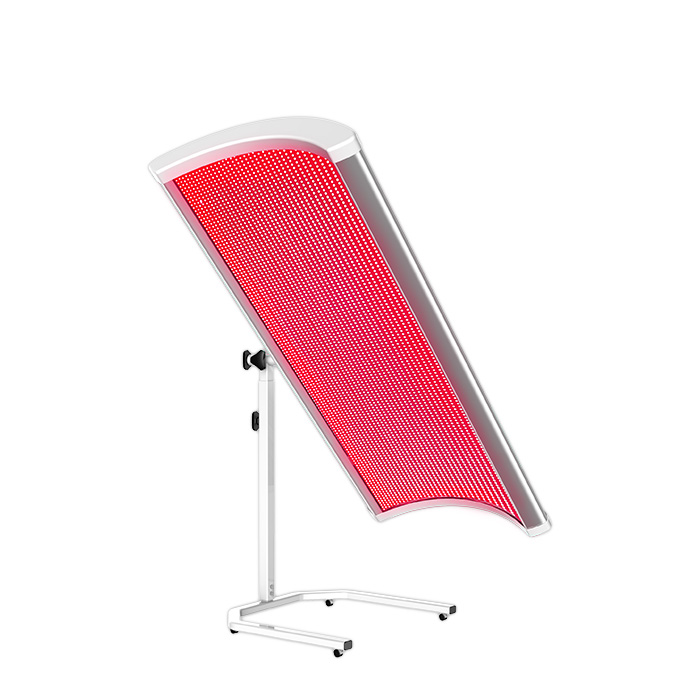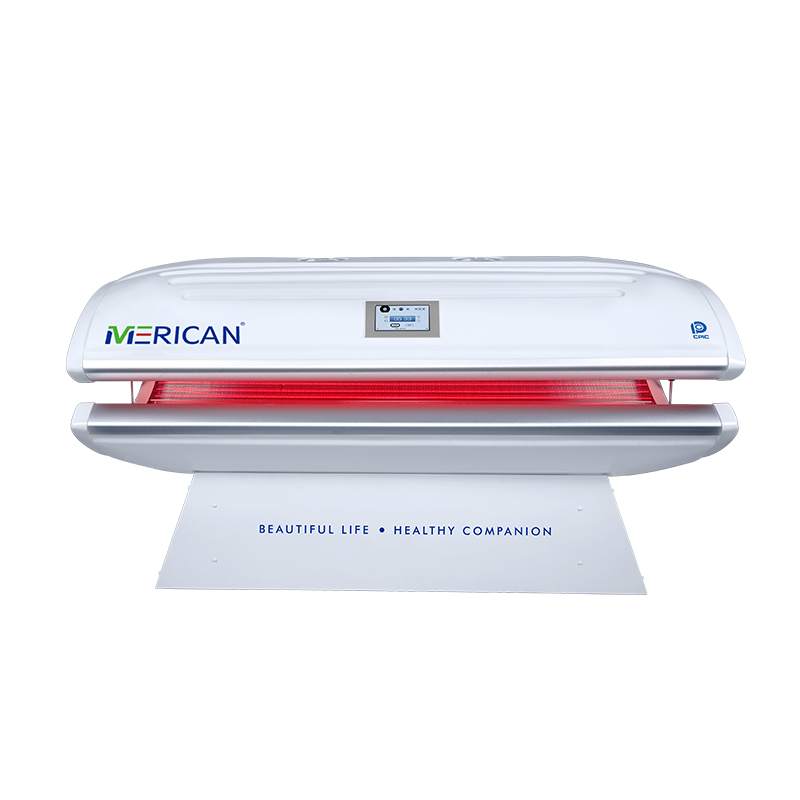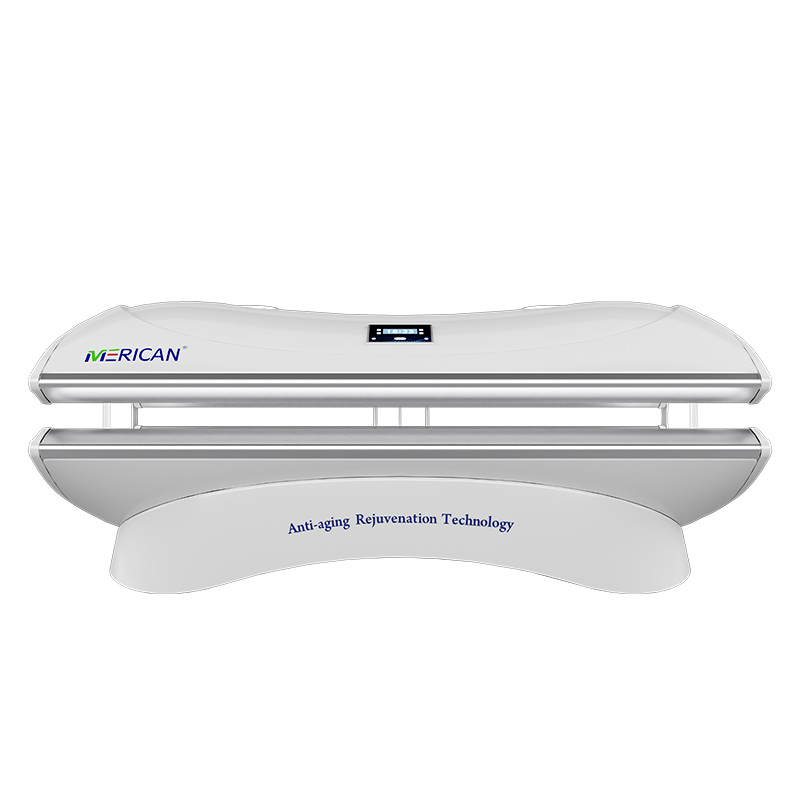Okay, so you’ve probably heard a lot of buzz about red light therapy and tanning beds, right? Both sound great on paper, but what’s the real deal? Is one better than the other? And how do you choose the one that’s right for you? Well, let’s dive in and explore the nitty-gritty details of red light therapy vs. tanning bed, so you can make an informed decision.
Red Light Therapy Bed
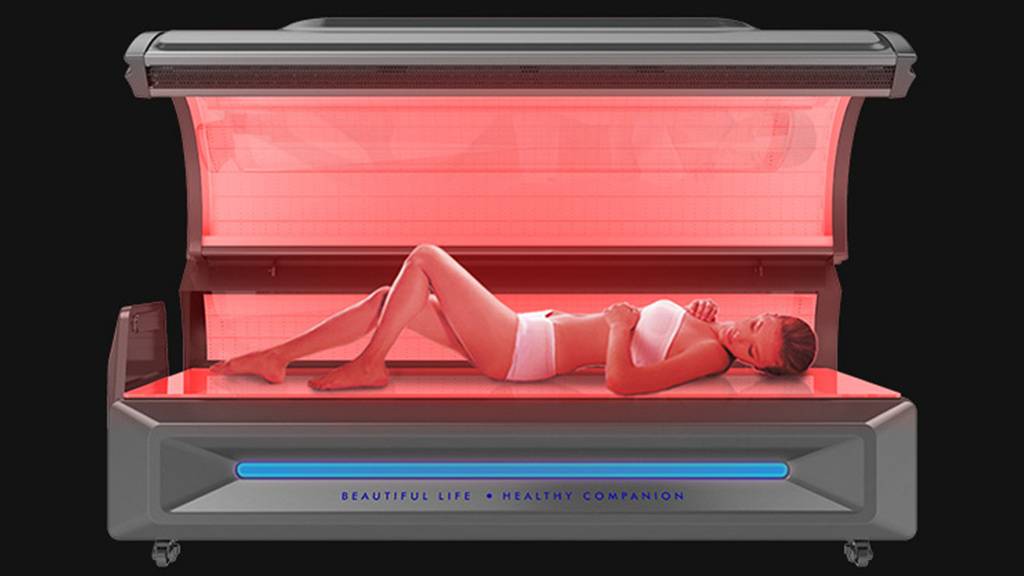
What is a Red Light Therapy Bed?
Red light therapy beds are exactly what they sound like – beds that use red light to treat your skin and body. But we’re not talking just any red light. It’s a specific wavelength of light (usually between 600 and 700 nanometers) that’s absorbed by your skin and muscles to promote healing and rejuvenation. Sounds like magic? Well, there’s science behind it!
How Red Light Therapy Works?
Here’s where it gets cool. Red light penetrates the skin at a cellular level, stimulating your cells to produce more energy (hello, mitochondria!). This extra boost of energy helps your cells repair themselves faster and boosts overall health. Think of it as giving your skin and muscles a double shot of espresso – it wakes them up, energizes them, and makes them perform better.
Benefits of Red Light Therapy
Let’s break down the perks:
- Skin rejuvenation – Forget those fancy creams; red light therapy can help reduce wrinkles, scars, and even acne. It promotes collagen production, making your skin look younger and fresher.
- Muscle recovery – Athletes and fitness buffs, this one’s for you! Red light therapy helps reduce inflammation and muscle soreness. Perfect after an intense workout or injury.
- Anti-aging effects – Want to fight off those signs of aging? Red light therapy helps with elasticity and firmness, keeping you looking youthful.
- Mood and energy enhancement – It’s not just about the skin! Some studies suggest red light therapy can help improve mood and energy levels. It’s like sunshine without the harmful UV rays.
Tanning Bed
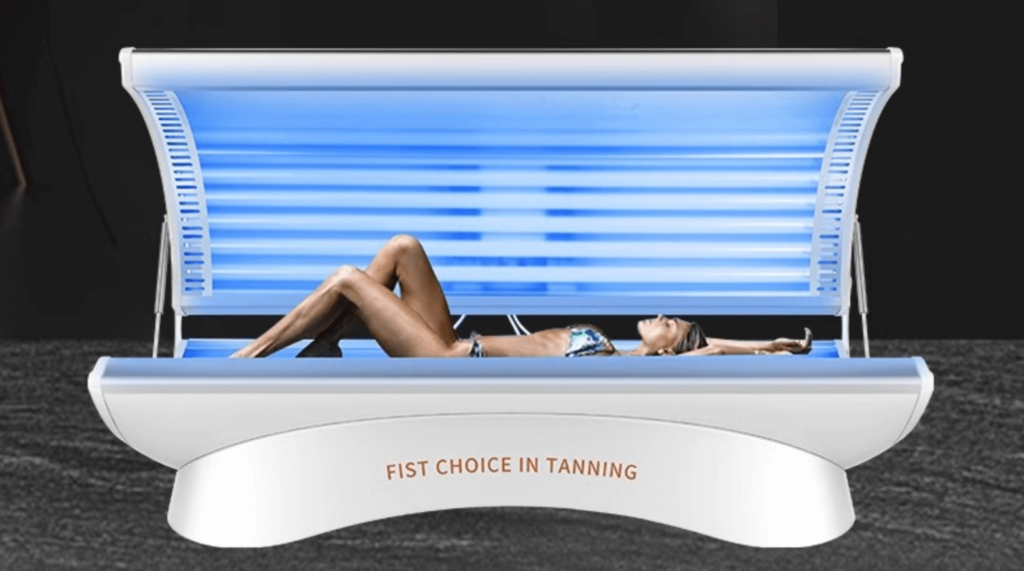
What is a Tanning Bed?
We all know what a tanning bed is, right? It’s a bed designed to give you that bronzed, sun-kissed glow in just a few minutes. Tanning beds use 280-400 nanometers ultraviolet (UV) rays to darken the skin, simulating the effects of sun exposure but without waiting hours at the beach.
How Tanning Beds Work?
Tanning beds emit UVA and UVB rays that penetrate the skin, prompting the melanin (pigment) in your skin to darken. That’s how you get that glowing tan in minutes. But, it’s important to remember that too much UV exposure can lead to skin damage.
Benefits of Tanning Beds
The perks of tanning beds are pretty obvious:
- Instant tan – You don’t have to spend hours under the sun. In just a few minutes, you can get the bronzed skin you’ve been craving.
- Potential Vitamin D synthesis – Sunlight is a natural source of Vitamin D, and while tanning beds aren’t the best way to get your vitamins, they can help if you’re in a pinch during the winter months.
Red Light Therapy vs. Tanning Bed
Now that we know what each bed does, let’s compare them.
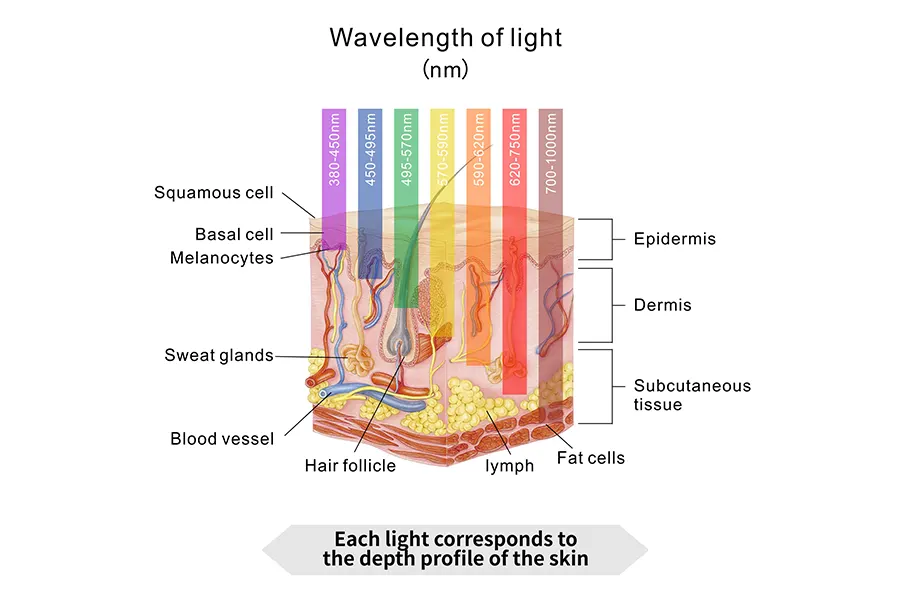
1. Functional Purpose
In essence, red light therapy and tanning beds serve different purposes.
Red light is all about healing and rejuvenation, offering benefits that go beyond mere appearance. Tanning beds, meanwhile, are designed for cosmetic enhancement, aiming to give you a tan quickly but at a potential cost to your skin’s health. So, one’s for health, and the other is for looks.
2. Light Wavelengths and Spectrum
The spectrum and wavelength are key players in determining how it affects your skin.
Red light therapy beds utilize red and near-infrared light, which are specifically chosen for their gentle, healing properties. The wavelengths in these lights typically range from 600 to 700 nanometers. This range allows the light to penetrate the skin at a deeper, cellular level, promoting healing, reducing inflammation, and stimulating collagen production.
On the flip side, tanning beds rely on ultraviolet (UV) light, which comes in different types – UVA and UVB rays. These rays have shorter wavelengths compared to red light and can penetrate the skin to stimulate melanin production, which gives you that sought-after tan. However, the same UV light that darkens your skin can also lead to significant damage if overexposed. It can cause premature aging, sunburns, and increase the risk of skin cancer.
3. Health Impact
Red light therapy is generally considered very safe, with no known harmful side effects, making it a solid choice for those focused on skin health and wellness. It supports healing and rejuvenation without putting your skin at risk.
Tanning beds, however, come with significant health concerns. Regular use can increase your risk of skin cancer, lead to premature aging, and cause sunburn. While both methods offer cosmetic benefits, only red light therapy provides those perks without compromising your long-term health.
4. Usage Frequency and Safety
With red light therapy, you’re in the clear to use it daily without significant risks. It’s gentle on the skin, so incorporating it into your routine is generally safe. On the other hand, tanning beds should be used with caution. Frequent use can lead to severe skin problems, including an increased risk of skin cancer. Experts strongly advise limiting tanning bed sessions to minimize potential long-term damage.
5. Time Commitment
When it comes to red light therapy, sessions usually take about 10 to 20 minutes. To see noticeable results, you might need to stick with it over several weeks. In contrast, tanning beds can give you that tan in as little as 10 minutes, but remember, the tan is only temporary. If you’re looking for long-lasting effects, red light therapy might be worth the extra time and consistency.
6. Cost and Accessibility
Investing in a commercial red light therapy bed can be quite an expense, but it often pays off with lasting health benefits. You’ll find options available for different budgets, from high-end models to more affordable ones. On the flip side, tanning beds tend to be less expensive upfront, offering a quick tanning solution. However, they come with potential hidden costs related to health issues, which might outweigh the initial savings.
Choosing the Right Option for You
Now, how do you decide which is best for you? Let’s break it down step by step.
Your Skin Type
If you’ve got fair or sensitive skin, tanning beds might do more harm than good. The UV exposure can lead to burns, irritation, and even long-term skin damage. In contrast, red light therapy is gentle and suitable for all skin types, making it a safer and more versatile option for anyone looking to improve their skin without the risk of harm.
Your Health Goals
Are you looking to heal, rejuvenate, or maybe reduce wrinkles and scars? If so, red light therapy is your best bet. It’s designed to improve skin health and boost recovery without damaging your skin. However, if you’re just after a quick tan for a special event or a beach trip, a tanning bed can get you there faster. Just remember not to overdo it, as the long-term risks aren’t worth the temporary glow.
Your Budget
If you’re focused on long-term results and willing to invest, there are plenty of red light therapy beds for sale that offer lasting benefits for your skin and health. While the initial cost can be high, the payoff is worth it for sustained improvement. On the other hand, if you’re simply after an affordable, short-term fix, tanning beds can give you that instant tan at a lower cost upfront – but keep in mind the potential future costs associated with skin health.
Conclusion
So, what’s the final verdict? When comparing red light therapy vs tanning bed, it all boils down to your goals. If you’re after long-term health and skin benefits, red light therapy wins, hands down. It’s gentle, healing, and effective without the risks. On the other hand, tanning beds provide instant cosmetic results but come with long-term risks. Choose wisely, and prioritize your health!
FAQs
- Can red light therapy beds give you a tan? Nope! Red light therapy works to rejuvenate the skin, not darken it.
- How long do the effects of red light therapy last? Results build over time, with lasting benefits after several sessions.
- Are tanning beds safe to use regularly? Regular use can lead to skin damage, so it’s best to limit exposure.
- Can I use both a tanning bed and a red light therapy bed? Yes, but always prioritize safety and limit tanning bed use to avoid UV damage.
- What’s the best alternative to a tanning bed for a natural glow? Try self-tanning products or spray tans for a UV-free, safe option.

